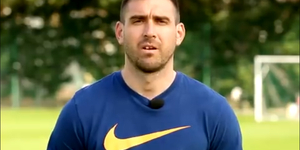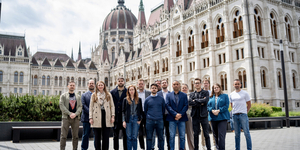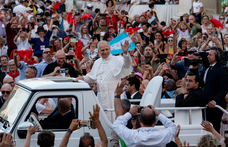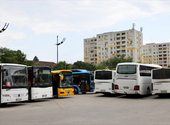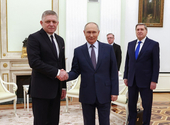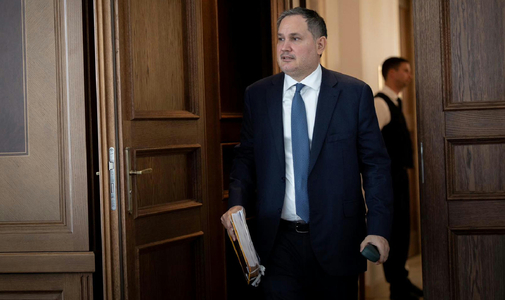Changing figures
First the young, then the old
The government is citing constitutional concerns as a reason for slowing down the downsizing of the ministries. There is as yet no estimate of the total cost of the redundancies.
Ombudsmen leaving the paper
Majtenyi and Miklosi, the ombudsmen responsible for upholding the independence of Magyar Hirlap, are leaving the paper. The move may be the result of the owner's anger at a ruling they issued, which has been published in the literary weekly Elet es Irodalom.
Portrait of Peter Radnai
© Fazekas IstvánWhat would you think if you were just a simple newspaper reader and you saw a an interview with the...
Storm in Budapest
A storm in Budapest has claimed three lives, including that of a twelve-year-old girl, and some 200 casualties. At least 240 people were injured, and two were washed away by the Danube. Gabor Demszky, the mayor of Budapest, has called for an inquiry. The National Meterological Service had correctly forecast that the storm would reach the capital just when the fireworks began.
Grass and Istvan Szabo
Gunther Grass's shocking confessions about his past have recent parallels in Hungary. Grass donned a black uniform. Szabo wrote reports on his friends and classmates. But both come out of their scandals rather well. Istvan Szabo did not become less popular as a result of his informant past. Grass's sudden burst of honesty can have done little harm to sales of his recently published autobiography.
Portrait of a political citizen
Karoly Rassay was one of the most honourable of Hungarian civic politicians. He rejected both communist dictatorship and the Horthy regime. He stood for a democratic state, for liberalism and for civil liberties. He was rewarded with Mauthausen, deportation and a bitter old age.


